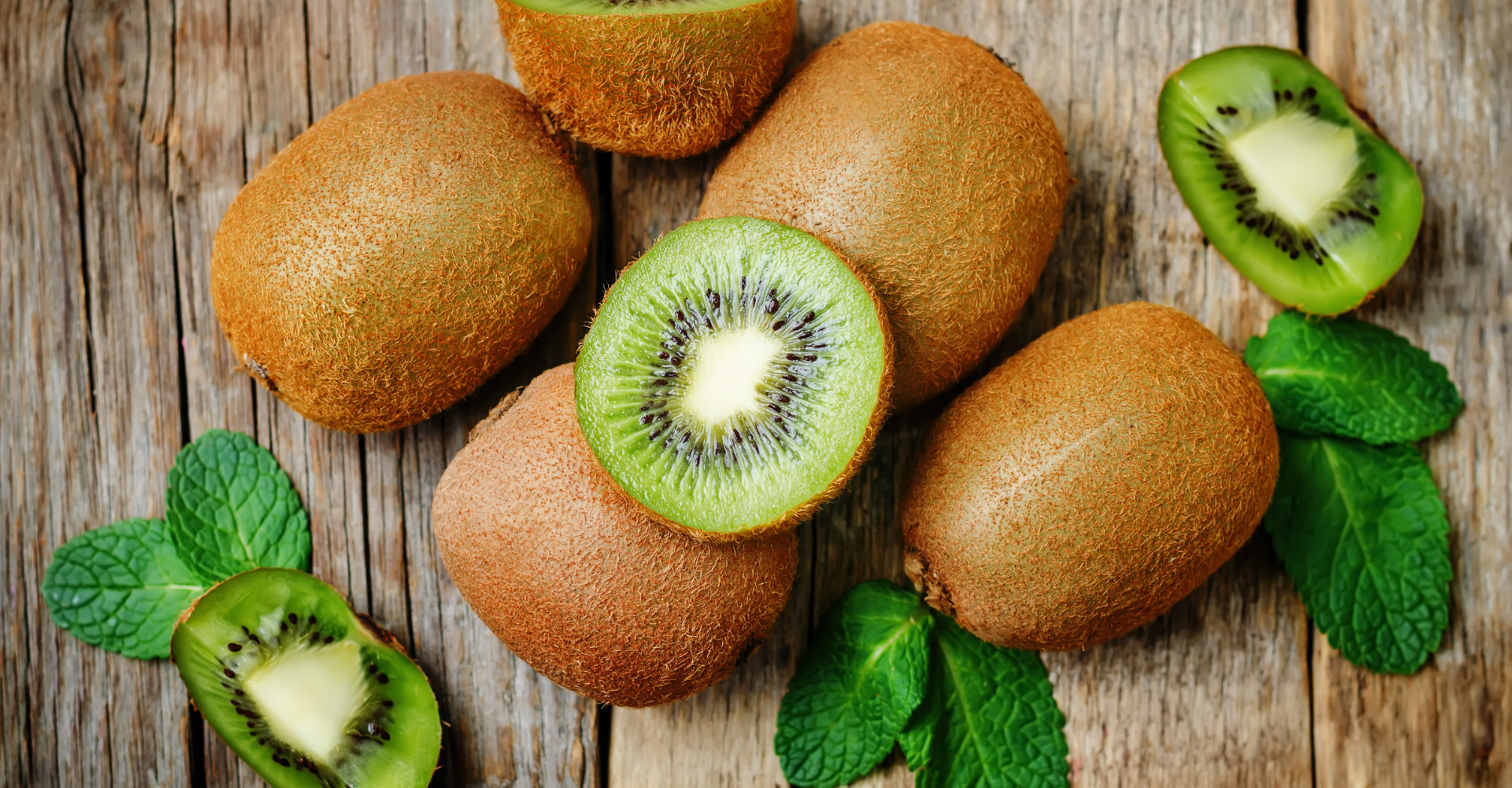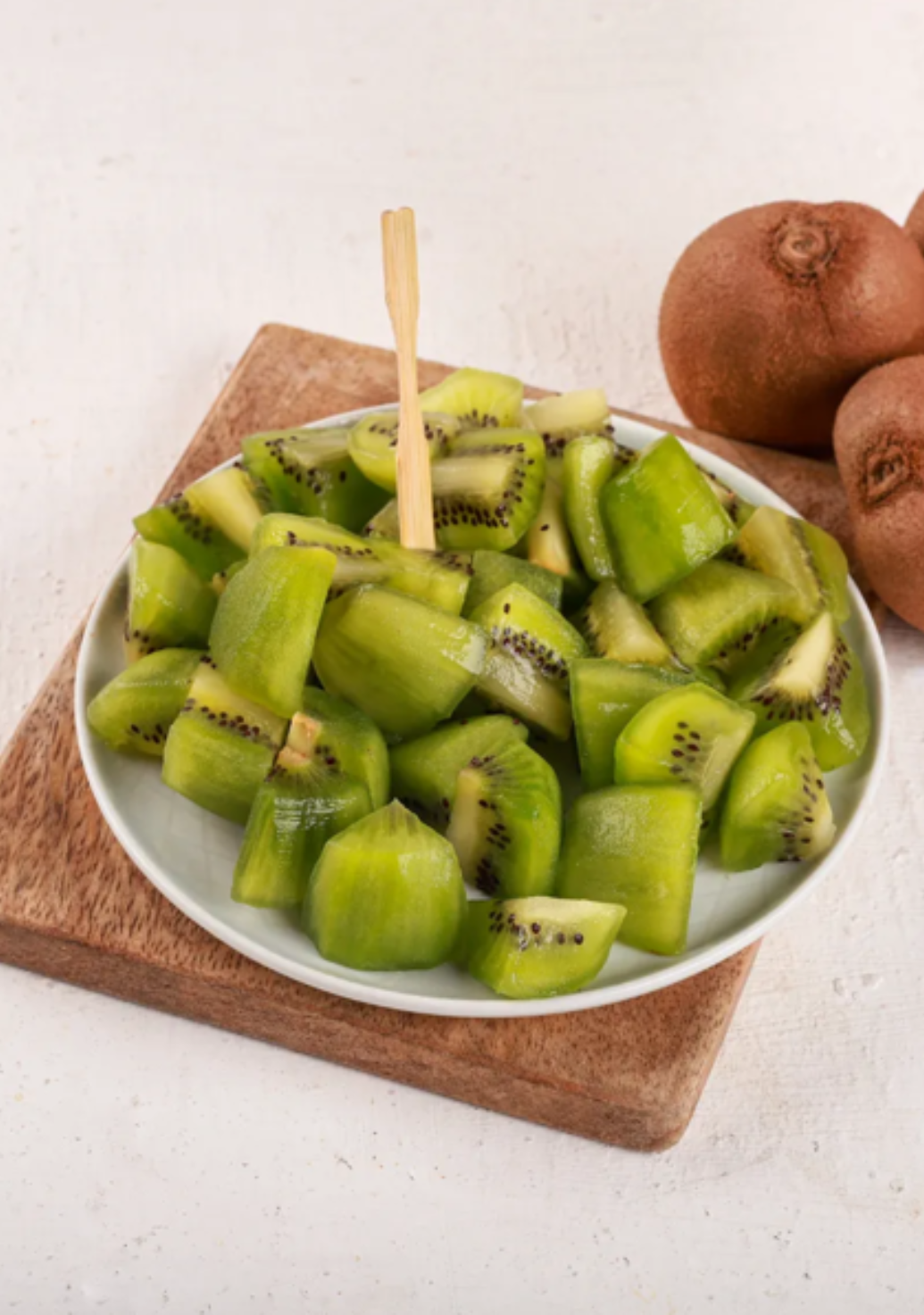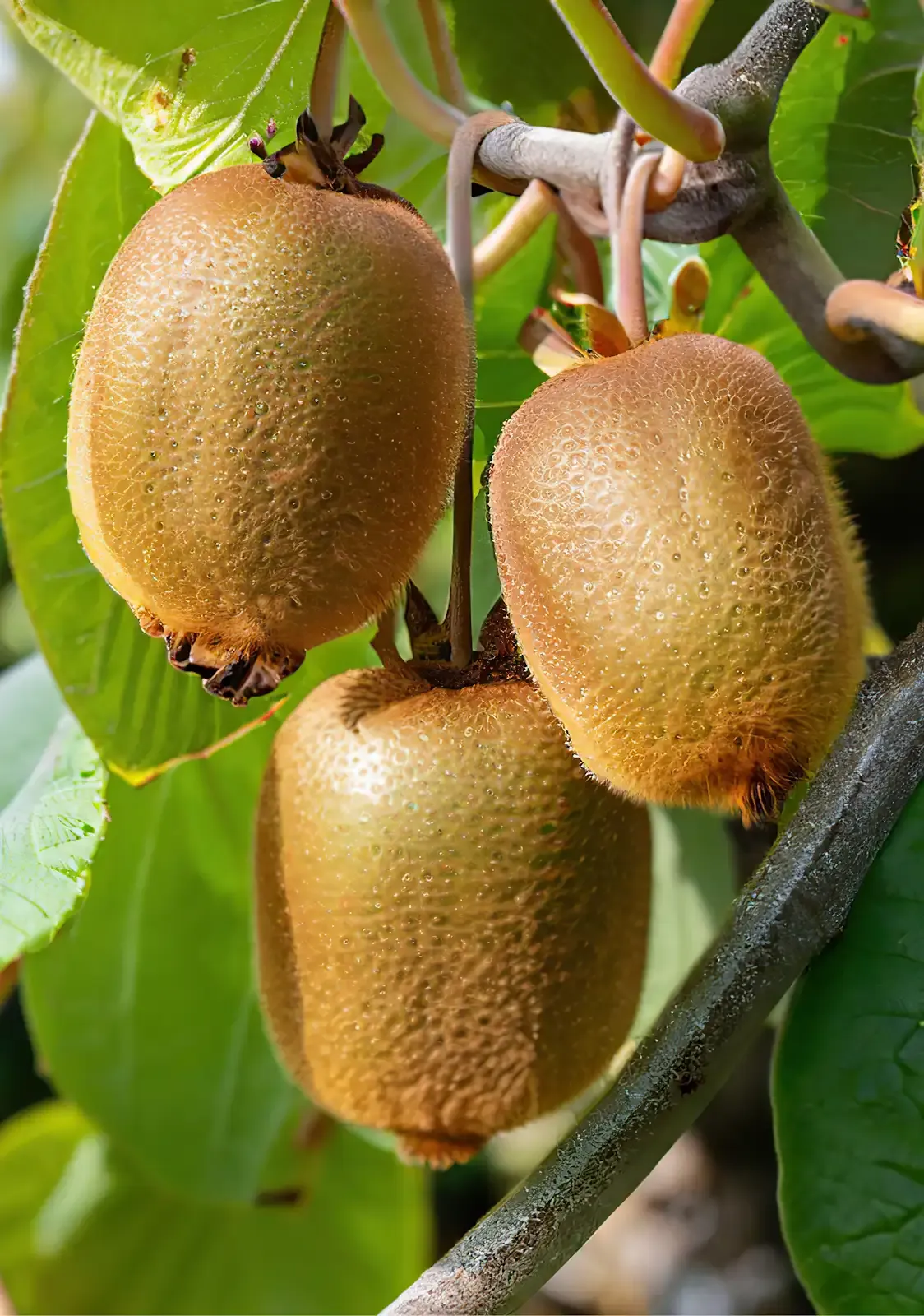
For a better and faster shopping experience, download app
Unkown

Kiwi for Immunity: How This Tiny Fruit Supercharges Your Defenses
In the search for natural ways to boost immunity, one small fruit stands out for its exceptional health benefits: the kiwi. Often overlooked due to its size, the kiwi is packed with vitamins, minerals, and antioxidants that make it a potent immune-supporting food. From helping your body fight off infections to providing a natural energy boost, this tiny green fruit is a nutritional powerhouse.
In this article, we’ll explore how kiwi supports immunity, the nutrients that make it effective, the scientific evidence behind its health benefits, and practical ways to include it in your diet.
Why Immunity Matters
Our immune system is our body’s first line of defense against pathogens such as bacteria, viruses, and fungi. A strong immune system can help prevent illnesses and reduce recovery time if you do get sick. Nutrition plays a critical role in immune function, and fruits and vegetables, especially those high in vitamin C and antioxidants, are key to maintaining a resilient immune system.
Kiwi, with its unique nutrient profile, is a natural ally in this fight.
Nutritional Profile of Kiwi
Before diving into the immune benefits, it’s important to understand what makes kiwi so special. One medium-sized kiwi (about 76 grams) provides:
- Vitamin C: 71 mg (more than an orange!)
- Vitamin K: 40 mcg
- Vitamin E: 1.0 mg
- Folate: 17 mcg
- Potassium: 240 mg
- Fiber: 2.1 grams
- Antioxidants: Polyphenols, carotenoids, flavonoids
This nutrient-dense fruit offers a potent combination of vitamins, minerals, and bioactive compounds that work synergistically to support immunity.
How Kiwi Boosts Your Immune System
1. Packed with Vitamin C for Immune Support
Vitamin C is well-known for its immune-boosting properties. It stimulates the production of white blood cells, which are essential for fighting infections. A single kiwi provides over 100% of your daily vitamin C requirement. Regular intake of kiwi can:
- Enhance white blood cell function
- Improve antioxidant defenses
- Reduce the duration and severity of colds
Several studies suggest that including vitamin C-rich fruits like kiwi in your daily diet can help your body respond more effectively to infections.
2. Antioxidant Power to Combat Free Radicals
Kiwi contains antioxidants such as vitamin C, vitamin E, and polyphenols that help neutralize free radicals. Free radicals are unstable molecules that can damage cells and weaken the immune system. By reducing oxidative stress, kiwi helps your body stay resilient against pathogens and promotes overall health.
3. Supports Gut Health for a Stronger Immune System
A significant portion of the immune system resides in the gut. Kiwi is rich in dietary fiber, particularly soluble fiber, which acts as a prebiotic. Prebiotics feed beneficial gut bacteria, promoting a healthy microbiome. A balanced gut microbiome enhances immune function by:
- Strengthening the gut barrier against pathogens
- Producing short-chain fatty acids that modulate immunity
- Reducing inflammation throughout the body
4. Anti-Inflammatory Benefits
Chronic inflammation can impair immune function and increase susceptibility to infections. Kiwi contains bioactive compounds that have anti-inflammatory properties. Regular consumption can help regulate inflammatory responses and support a balanced immune system.
5. Provides Essential Micronutrients
In addition to vitamin C, kiwi is a source of other nutrients that support immunity:
- Vitamin K: Supports bone health and helps regulate immune responses
- Folate: Essential for cell division and production of immune cells
- Vitamin E: Protects cells from oxidative damage and boosts immune signaling
- Potassium: Maintains proper cellular function and overall body health
Scientific Studies Supporting Kiwi’s Immune Benefits
- Vitamin C Absorption: Research indicates that vitamin C from kiwi is highly bioavailable, meaning your body absorbs it efficiently to support immunity.
- Cold and Flu: A study in older adults found that daily consumption of two kiwis significantly improved immune function and reduced the severity of respiratory infections.
- Antioxidant Activity: Kiwi’s polyphenols and carotenoids have been shown to combat oxidative stress, supporting the immune system against external threats.
How to Include Kiwi in Your Daily Diet
Kiwi is versatile and easy to incorporate into meals. Here are some practical ways:
1. Kiwi Breakfast Smoothie
Ingredients:
- 2 kiwis, peeled
- 1 banana
- 1 cup spinach (optional)
- ½ cup Greek yogurt
- ½ cup almond milk
Directions: Blend all ingredients until smooth. This smoothie is packed with vitamin C, antioxidants, and protein to start your day with an immunity boost.
2. Kiwi Fruit Salad
Combine sliced kiwi, strawberries, blueberries, and a drizzle of honey. Top with a sprinkle of chia seeds. This colorful salad provides a wide spectrum of antioxidants and vitamins for immune support.
3. Kiwi Snack on the Go
Peel and slice a kiwi for a quick, portable snack. Pair with a handful of nuts for a protein and nutrient-rich combination.
4. Kiwi Parfait
Layer diced kiwi with Greek yogurt, granola, and a few berries. This parfait is a great breakfast or dessert option that supports immunity and gut health.
5. Kiwi Popsicles
Blend kiwi with a little honey and freeze in molds for a refreshing, immune-boosting treat—perfect for kids and adults alike.
10 Fun Facts About Kiwi and Immunity
- Kiwi contains more vitamin C per 100 grams than oranges.
- Its antioxidants help neutralize harmful free radicals.
- Kiwi supports gut bacteria, which directly influences immunity.
- Anti-inflammatory compounds in kiwi help reduce chronic inflammation.
- Regular consumption can improve respiratory health.
- Kiwi is low in calories but high in nutrients, making it ideal for daily intake.
- The seeds in kiwi contain omega-3 fatty acids that support immune function.
- Kiwi may improve sleep quality, indirectly benefiting immune health.
- Its fiber content promotes healthy digestion, which is linked to immunity.
- Kiwi can be combined with other fruits to enhance bioavailability of antioxidants.
Frequently Asked Questions (FAQs)
Q1. How many kiwis should I eat daily for immunity?
A1. One to two kiwis daily provide sufficient vitamin C and antioxidants to support immune function.
Q2. Can kiwi help prevent colds?
A2. While kiwi can’t prevent infections entirely, its vitamin C and antioxidant content may reduce the severity and duration of colds.
Q3. Is kiwi good for kids’ immunity?
A3. Yes, kiwi is an excellent choice for children as it is rich in vitamin C, fiber, and antioxidants.
Q4. Can I eat kiwi if I have digestive issues?
A4. Kiwi is generally safe for digestion and can help with mild constipation due to its fiber content. However, those with kiwi allergies should avoid it.
Q5. Can kiwi be frozen and still retain nutrients?
A5. Yes, freezing kiwi preserves most of its vitamins and antioxidants, making frozen kiwi a convenient option.
Conclusion
Kiwi is more than just a tangy, delicious fruit—it’s a potent ally for your immune system. With its rich vitamin C content, antioxidants, anti-inflammatory compounds, and gut-friendly fiber, kiwi offers a natural, science-backed way to enhance your body’s defenses. Incorporating kiwi into your daily diet through smoothies, salads, or simple snacks can help strengthen immunity, improve gut health, and provide overall wellness benefits.
In a world where immunity has never been more important, reaching for this tiny fruit may be one of the simplest and tastiest ways to give your body the natural support it needs. So, make kiwi a daily habit, explore its versatility in recipes, and enjoy the delicious path to better immunity.







![Kiwi Green [Imported]img 4 Kiwi Green [Imported]img 4](https://im.pluckk.in/unsafe/1053x0/uploads/new_sku_designs_v3/242221220AF/4.jpg)

![Kiwi Green [Imported]img 1 Kiwi Green [Imported]img 1](https://im.pluckk.in/unsafe/1053x0/uploads/new_sku_designs_v3/242221220AF/1.jpg)
![Kiwi Green [Imported]img 5 Kiwi Green [Imported]img 5](https://im.pluckk.in/unsafe/1035x0/uploads/27814-vertical-images-sku-48.jpg)
![Kiwi Green [Imported]img 2 Kiwi Green [Imported]img 2](https://im.pluckk.in/unsafe/1053x0/uploads/new_sku_designs_v3/242221220AF/2.jpg)
![Kiwi Green [Imported]img 3 Kiwi Green [Imported]img 3](https://im.pluckk.in/unsafe/1053x0/uploads/new_sku_designs_v3/242221220AF/3.jpg)



